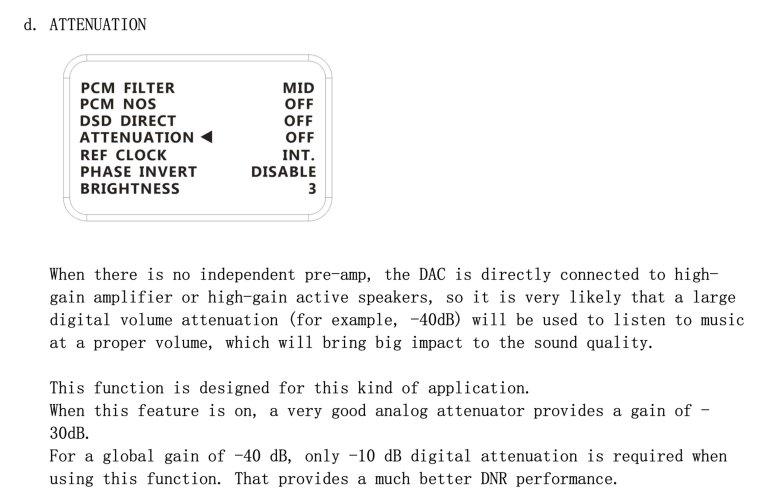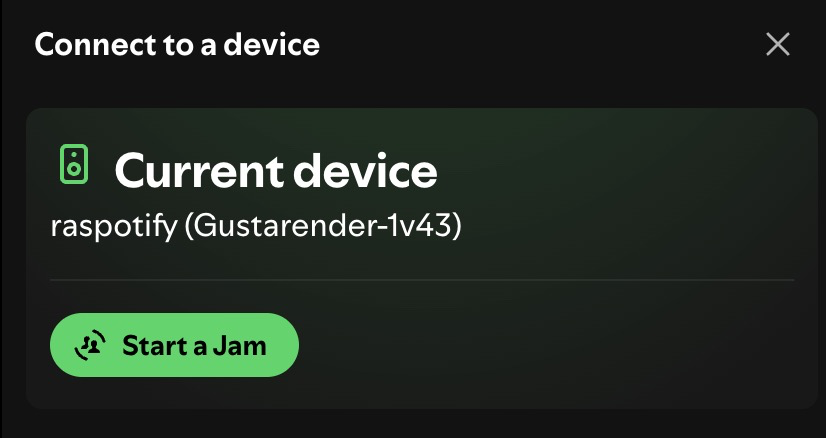@labeelen I did extensive a/b testing between pcm upsampling and dsd via Roon and HQplayer. I don’t believe I am getting any noise - nothing that’s audible to my ears when playing tracks.
If anything - I found the opposite of your results with the test. I found pcm to be ever so slightly hazier / veiled and dsd to have a clearer sound with less / no noise.
Not disputing your results. Happy to try and repeat the test on my machine if you want to DM the file?
My machine was set to nos on for pcm and dsd, with a ock-1 external clock in place, via LAN (connected via an external second google nest router with LAN isolators). My hypothesis is that it could be noise / jitter in your line, and it’s there on both pcm / dsd but only audible when upsampled via dsd. Pure guess. It could also obviously be a defective unit but would be good to rule out the former?
If anything - I found the opposite of your results with the test. I found pcm to be ever so slightly hazier / veiled and dsd to have a clearer sound with less / no noise.
Not disputing your results. Happy to try and repeat the test on my machine if you want to DM the file?
My machine was set to nos on for pcm and dsd, with a ock-1 external clock in place, via LAN (connected via an external second google nest router with LAN isolators). My hypothesis is that it could be noise / jitter in your line, and it’s there on both pcm / dsd but only audible when upsampled via dsd. Pure guess. It could also obviously be a defective unit but would be good to rule out the former?





















